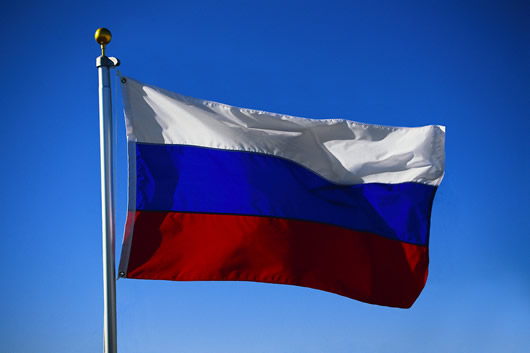
The South African government was under more pressure Wednesday for declining to release cargo documents relating to the visit by a Russian ship that the United States alleges collected a consignment of weapons for Moscow.
Separately, a top official in South Africa’s ruling party added to the scrutiny of the country’s relationship with Russia by saying the party would “welcome” a visit by President Vladimir Putin, whom the International Criminal Court has indicted on war crimes charges.
The comments by African National Congress Secretary General Fikile Mbalula regarding Putin were made in an interview with the BBC and in the context of the Russian leader attending a summit of the BRICS economic bloc in South Africa in August. The bloc consists of Brazil, Russia, China, India and South Africa.
“If it was according to the ANC, we would want President Putin to be here, even tomorrow, to come to our country,” Mbalula said in the interview, excerpts of which were posted on the ANC’s social media channels on Tuesday. “We will welcome him to come here as part and parcel of BRICS.”
As a signatory to the International Criminal Court treaty, South Africa is obliged to arrest Putin if he enters the country. The South African government has indicated it will not carry out the arrest warrant if Putin does travel for the summit, although it hasn’t said that explicitly.
“Do you think that a head of state can just be arrested anywhere?” Mbalula, a former Cabinet minister who is now the ANC’s top administrative official, said in the BBC interview.
He told the BBC interviewer there was hypocrisy on the part of the West related to the arrest warrant for Putin because, he said, Britain and other Western nations committed crimes in Iraq and Afghanistan and no heads of state were arrested.
Mbalula last month referred to the United States as one of the countries “messing up the world.”
Anti-West rhetoric
There has been increasing anti-U.S. and anti-West rhetoric in the ANC and sometimes in parts of South Africa’s government since Russia’s invasion of Ukraine last year, despite South Africa maintaining it has a neutral stance on the war.
The trend is troubling for the U.S. and other Western partners of South Africa because of its status as an influential democracy in the developing world, and as Africa’s most developed economy.
South Africa has a historical relationship with Russia connected to the old Soviet Union’s military and political support for the ANC when it was a liberation movement fighting to end the racist apartheid regime that oppressed the country’s Black majority. The West appears concerned that the ANC’s old ideological ties to Russia are now pulling South Africa into Moscow’s political orbit amid burgeoning global tensions. There are also growing economic ties between Africa, a continent of 1.3 billion people, and China.
The concerns were laid bare by the U.S. ambassador to South Africa earlier this month when he accused it of providing weapons to Russia via a cargo ship that docked at a naval base near Cape Town in December. Ambassador Reuben Brigety said “I would bet my life” that weapons were loaded onto the Russian-flagged Lady R, which is under U.S. sanctions for alleged ties to a company that has transported arms for the Russian government.
The South African government has denied it made any arms transaction with Russia, although it hasn’t categorically ruled out the possibility that another entity did so secretly. South African President Cyril Ramaphosa has ordered an inquiry.
On Wednesday, South Africa’s main opposition party, the Democratic Alliance, challenged the government to come clean if it had nothing to hide and release a cargo manifest for the Lady R’s visit to the Simon’s Town naval base.
A DA lawmaker also asked Defense Minister Thandi Modise to release the documents during a debate in Parliament on Tuesday. Modise refused to do so while also using an expletive to repeat the government’s denial that any weapons were loaded onto the ship.
Modise has said that the Russian ship was visiting to deliver an ammunition shipment to South Africa that was ordered in 2018 but delayed because of the COVID-19 pandemic.
Modise’s refusal to make public the cargo manifest was supported by fellow ANC lawmakers, who said the documents were “classified.” Modise said they would be handed over to the inquiry into the incident.
Source: voanews.com























